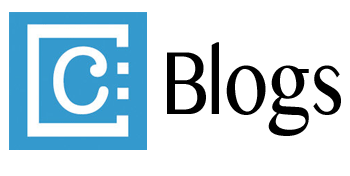Dachau
Hugo Claus
(Bélgica, 1929-2008)
El lenguaje del fuego
Traducción de Jonio González
El lenguaje del fuego?
Vocales asadas, frases chamuscadas
Cocinar tiene su propia gramática.
En la cama, esta mañana: el olor del café.
En el verano del 44 el Tercer Ejército americano
destruyó las fábricas de queso de Normandía
a causa del olor:
olían a cadáveres, explicaron los soldados.
En tiempos antiguos, señaló Aristóteles,
la carne solía asarse.
Todavía hoy, hombre sabio,
tú, que decías: “Sócrates parece pálido”,
que decías: “El hombre engendra al hombre”,
tú que ya entonces, mediante el entendimiento,
el juicio y la razón
propusiste soluciones para los esclavos y huérfanos,
todavía hoy los hombres asan la carne,
como en los cuentos de hadas: carne humana.
Cada mañana: el olor del café, el lenguaje
del fuego. Un olor a quemado, perfectamente impasible.
en Selected Poems 1953-1973”, Aquila Poetry, Isle of Skye, Escocia, 1986. Trad. del flamenco al inglés, Theo Hermans. Trad. del inglés al castellano, Jonio González
***
The language of fire?
Roasted vowels, scorched phrases.
Cooking has its own grammar.
In bed, this morning: the smell of coffee.
In the summer of 44 the American 3rd Army
destroyed the cheese dairies in Normandy:
because of the smell—
the smell of corpses, the soldiers explained.
In former days, Aristotle pointed out,
All meat used to be roasted.
Today too, wise man,
you who said: “Socrates looks pale,”
who said: “Man begets man,”
who even then, by means of understanding
and judgment and reason,
suggested solutions for slaves and foundlings,
today too they’re roasting meat,
as in fairy tales: human meat.
Each morning: the smell of coffee, the language
of fire. A burnt smell, perfectly lukewarm.

